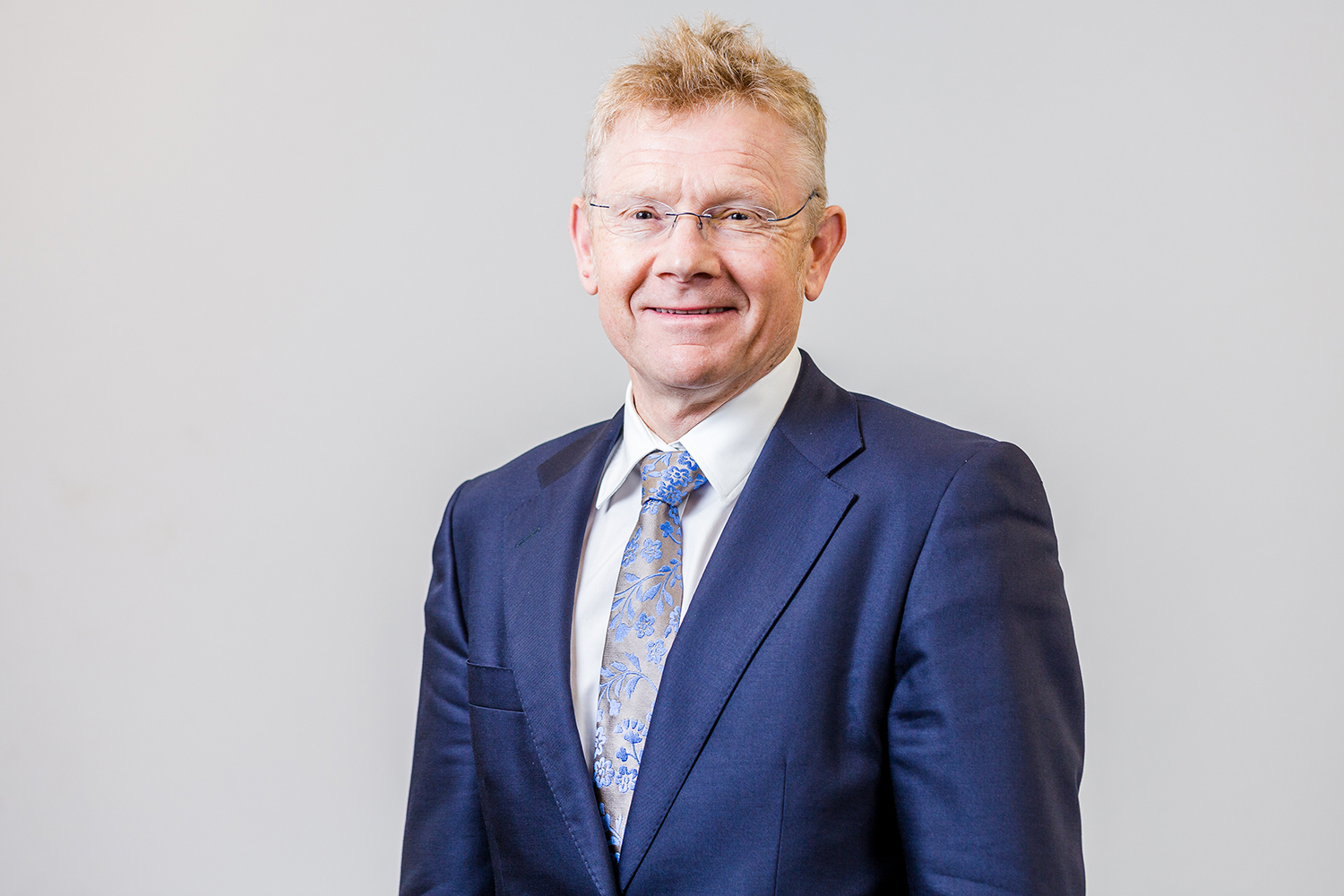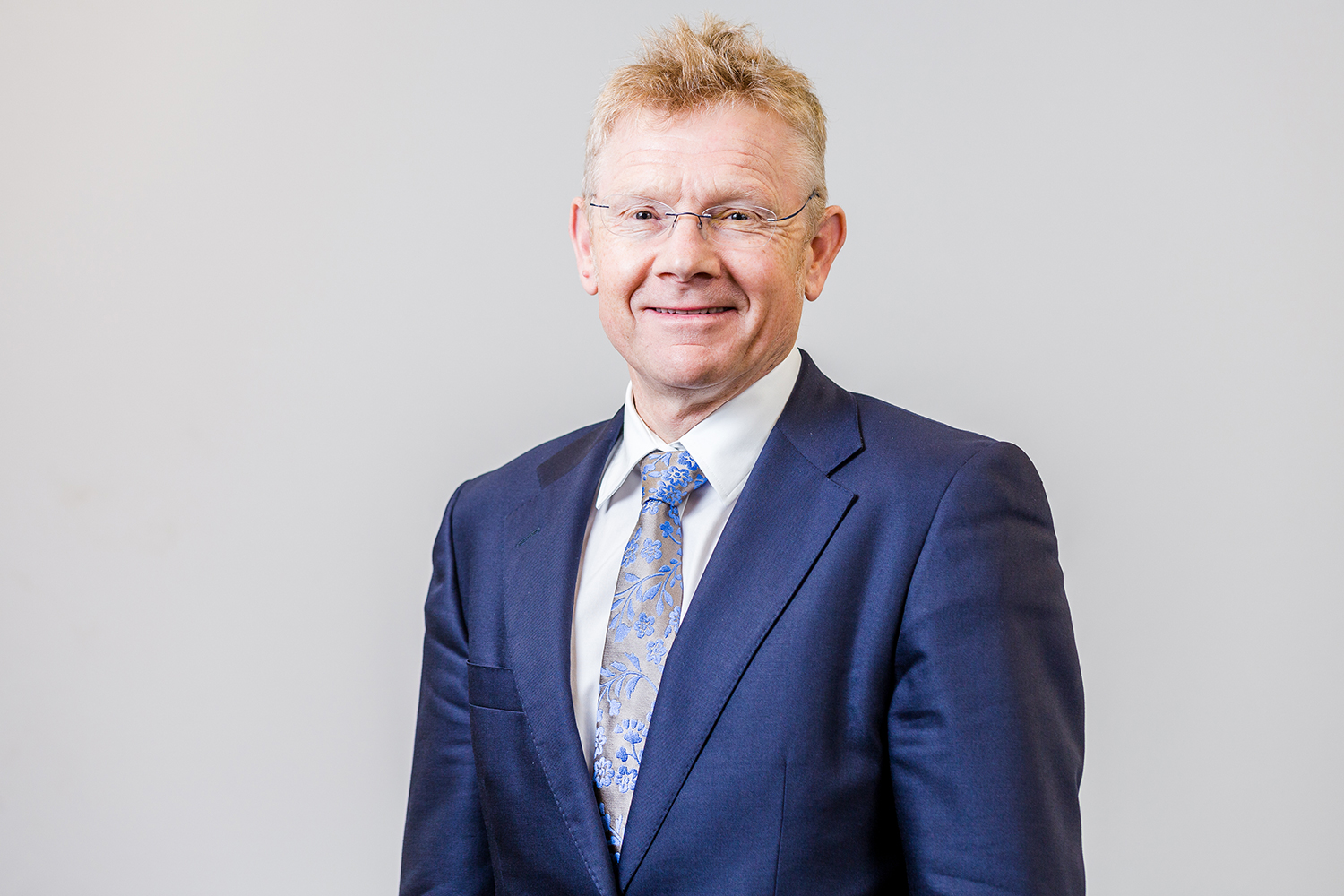
Steve Meiklejohn
Partner | Corporate and Fiduciary | Legal
Jersey

Steve Meiklejohn
Partner
Jersey
This article was first published by eprivateclient.
Bill Gates must be one of the best known people on the planet. He is, of course, best known for co-founding Microsoft. He is perhaps slightly less well known for his personal largesse to good causes. Famously, Mr Gates and his wife transferred a large percentage of their wealth to their own charitable foundation which supports a large number of good causes, but in particular in the areas of world health and education. Seemingly inspired by Bill Gates’ example, a number of other seriously wealthy individuals have been doing the same thing; choosing to give away much of their wealth to philanthropy. It is a noble act on all their parts. One feature of this new breed of wealthy entrepreneurs is that, just as they were driven in their business lives, so they are very goal oriented when it comes to doing good. Palpably they want to see a dividend or a payback for their expenditure, albeit not for themselves but for the good cause itself. They typically achieve this by transferring the funds in question to their own charitable entity with its own highly trained and professional staff who will run the charity like a business, which has a strategy and short and long term business objectives. Often the wealth creators and their families will work in the charitable ventures themselves.
I have recently acted for a family who are seeking to follow in the Gates family footsteps, although not consciously as far as I am aware. The patriarch of the family is now in his seventies. He has built up a highly successful global business. He has a wife and three grown up children and several grandchildren. The family are grounded, hardworking individuals who recognise how fortunate they have been. Given this outlook, it will not surprise you to know that none of the family lead extravagant or ostentatious lives.
Therefore, led by the father, the whole family have not found it difficult concluding that even after setting aside a small proportion of their overall wealth for themselves (which will easily keep the existing three generations and succeeding ones in a more than comfortable lifestyle), they are able to transfer the remainder to their own newly created charitable entity.
Having obtained the best advice on the most suitable vehicle so as to pursue philanthropic causes, the family settled on a foundation to be incorporated in Jersey or Guernsey. Both Islands offer similar products. The Jersey foundation was introduced in 2009 whilst the Guernsey equivalent is somewhat newer, the Guernsey Foundation Law having been enacted in 2012. Each Island’s foundation offering is designed to be attractive to clients wanting to use it for philanthropic purposes. They offer a flexible, incorporated vehicle which can be established for beneficiaries or purposes or both. Each foundation is managed by a council which is designed to operate like a board of directors. The ultimate attraction to using a foundation (incorporated in either Island) is that the regulations, which set out how the foundation is to operate, can be tailored precisely as the client wants, and is a private document which can remain confidential to the family.
In this particular case, the family opted for a Guernsey foundation. A key factor for this client was that under the Guernsey regime there is no requirement for a regulated person to sit on the council as there is with the Jersey alternative. In the absence of a non-family member on the council, the family have the comfort of knowing that they have full control of the foundation and do not have to take into account the views of someone who is not from the family and may not share their philosophy.
The most difficult part of structuring for extremely wealthy families (whether establishing a charitable venture or one looking after the family’s wealth for successor generations) is how you create a mechanism which seeks to engage those future generations. In this case, the patriarch has sought to achieve this by firstly, ensuring that separately each of his children and their descendants are well catered for financially. Each child’s pot is large enough to allow their branch of the family to live reasonably luxuriously. As regards the foundation, each child will either sit themselves on the foundation council, or will be represented on it. As regards their children and indeed grandchildren, the regulations permit representatives of these generations to sit on a family assembly which will provide its views to the foundation council on the activities and objectives of the foundation. In this way, the successor generations get to play their part in this amazing venture.
In conclusion, the Jersey and Guernsey foundation vehicles do allow the Channel Islands to establish themselves as a safe harbour for clean capital to be deployed for philanthropic purposes. Amidst all the negative publicity that exists around offshore financial centres, it is gratifying indeed that this type of business can surely be lauded by all, and not condemned.
Ogier is a professional services firm with the knowledge and expertise to handle the most demanding and complex transactions and provide expert, efficient and cost-effective services to all our clients. We regularly win awards for the quality of our client service, our work and our people.
This client briefing has been prepared for clients and professional associates of Ogier. The information and expressions of opinion which it contains are not intended to be a comprehensive study or to provide legal advice and should not be treated as a substitute for specific advice concerning individual situations.
Regulatory information can be found under Legal Notice
Sign up to receive updates and newsletters from us.
Sign up